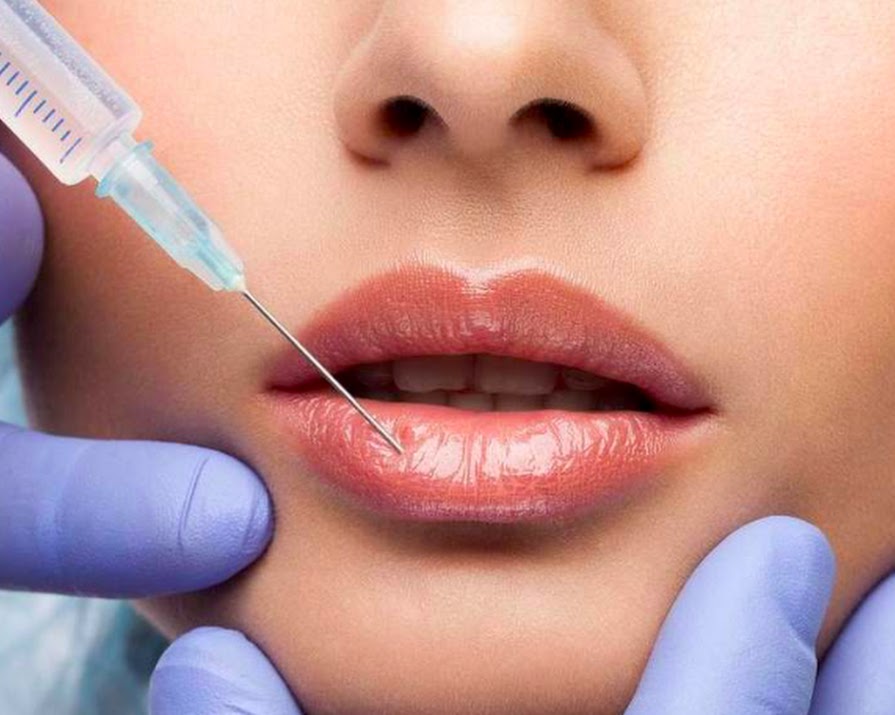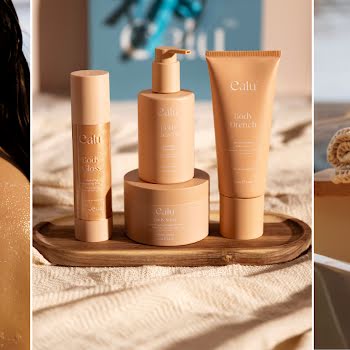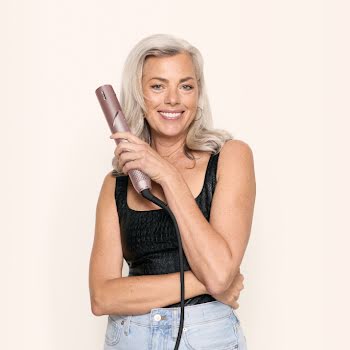
By Amanda Cassidy
23rd Sep 2020
23rd Sep 2020
Cosmetic procedure clinics in the UK are to start screening customers for mental health issues before administering anti-ageing treatments such as Botox and fillers. Is it time we followed NHS advice that providers should be trained to spot people with body-image problems?
“When I look in the mirror, I feel disgusting,” admitted former glamour model Katie Price to her Loose Women co-stars last year.
This was after the mother of five was photographed arriving home from Istanbul after another facelift. Her hair is bloody and matted to her head and her eyes are barely able to open. There are pictures too of her son greeting her with flowers – presumably, he knows the drill.
Katie Price says she is addicted to cosmetic surgery. She blames insecurities about her body for the constant need to tweak and change her appearance. She’s had rhinoplasty, eyelid surgery, eyebrow surgery, veneers, tummy tucks, bum implants, 3D liposuction, fillers and has admitted she’s had “more botox than hot dinners”.
Breast augmentations
Her multiple breast augmentations saw her go from a B-cup to a C-cup. Later she had surgery to bring her to a D-cup and a year later an F-cup. She later had a breast reduction to bring her chest down to 32 C but after her breakup, with ex-husband Peter Andre, she went under the knife to increase up to an F cup.
In 2015, Price announced she was having her breast implants removed and went back to a more natural look reducing them from a 32G to a 32B. Finally, a year later, she travelled to Belgium to get her biggest implants yet – 32GG.
This week she sold the picture taken of her undergoing a series of major procedures, including a face-lift
In 2018, Price vowed never to undergo a major procedure again after she was photographed leaving a clinic in Turkey in a wheelchair with bandages and drains coming out of her head. She sold the picture taken of her undergoing a series of major procedures, including a face-lift, for thousands.

“Everything has beauty but not everyone sees it”, according to Confucius. Certainly, appearance is one of the things that matters a lot to many of us. But being bombarded with idealised images creates pressure – especially among young people. It is a pressure that cosmetic providers can easily prey on.
Quick-fix procedures
Now doctors in the UK have spoken up saying that the availability of quick-fix procedures and its correlation with mental health merits more attention. The NHS has tasked providers with having more robust “duty of care” especially when it comes to more accessible treatments like Botox and fillers.
Professor Stephen Powis, the national medical director of the NHS, believes providers should be officially registered and trained to spot people with body-image problems or other mental health issues. He says too many providers are “operating as a law unto themselves”.
He welcomed the move by some practitioners to undertake training on how suitable their customers are for cosmetic anti-ageing treatments but pointed out that the numbers were still too low.
These psychological compulsions to alter one’s appearance isn’t just about someone being self-absorbed. Understanding the motivations involved in a decision to artificially change looks is complex.
We all want to look better – that’s why we colour our hair, spend money on clothes, get a bit of Botox or whiten our teeth.
We might do it for social payoffs, in order to gain persuasive powers we never had, to feel good about our looks or because we work in an industry where beauty, or the perception of beauty, is the priority.
Too far
But we all know those who take it to extremes. We’ve seen the actors who have almost disfigured themselves with plastic surgery – those who are using cosmetic procedures to mask underlying mental health problems.
Many studies ask if cosmetic procedures do in fact improves psychological well-being. The results are not as straightforward as you might think. While there can be benefits across a range of outcomes including goal attainment, self-esteem and life satisfaction, what it really comes down to is self-perception.
Going under the knife (or injectable) might improve happiness for some measure of time as long as your expectations are not so high that you are disappointed by the finished product. Maybe those who spend their life tweaking and altering their appearance are happy because they believe they look great (even if we are wincing).
The psychological compulsions to alter one’s appearance isn’t just self-absorption
For some, there is no amount of cosmetic surgery that will equate to the picture of perfection they have in their heads. That’s when these procedures can become addictive and damaging. The psychological compulsions to alter one’s appearance isn’t just self-absorption. Often they are those who struggle with debilitating insecurity, preoccupied with how they look but in a negative way – viewing themselves as ugly and malformed.
The ‘Love Island Look’
Until now, nobody has been monitoring the psychology behind young people casually rejecting their own physiology.
In the age of Instagram, we have never been more exposed to the cult of perfection. Everywhere we look there are beautiful people parading around in bikinis with perfect hair and perfect skin. And access to this world is tempting in the shape of easy to access clinics where lip filler and Botox are as quick as getting your nails done.
There are even clinics that offer the “Love Island Look” with breast augmentation, liposuction and lip-filler part of the package, to look just like these reality stars. But nobody has been monitoring the psychology behind young people who are casually rejecting their own physiology.
Damaging effects
Last year the Joint Council for Cosmetic Practitioners in the UK agreed to introduce new measures to protect those who may be vulnerable to mental health problems. This will mean that cosmetic clinics that offer procedures like Botox and fillers must assess patients for conditions such as BDD (body dysmorphic disorder).
Kitty Wallace from the Body Dysmorphic Disorder unit told The Independent that she welcomed the changes. “Cosmetic procedures like Botox, now widely available on the high street, are putting people at risk and can have a damaging effect on the mental health of young people. We know that people with BDD are more likely to turn to ‘quick fix’ procedures that ultimately do not address or help the underlying psychological condition.”
Stop lauding perfection to celebrate the physical quirks that make us unique
This is a positive step forward and one which we will hopefully see rolled out elsewhere. But perhaps, as a society, we should all take responsibility to stop lauding perfection and instead to celebrate the physical quirks that make us unique. There’s no point in applauding body positivity campaigners or liking posts about not being ashamed of things like stretch-marks, moles or skin conditions unless we actually believe it.
After all, as Aristotle famously said, appearances don’t count for much unless there is true inward significance.
Related: Confidence boosters or chasing perfection? The rise of cosmetic surgery in young Ireland
Related: 9 skincare ingredients to avoid during pregnancy, according to a dermatologist
Related: 10 things I would tell my younger self about beauty
























